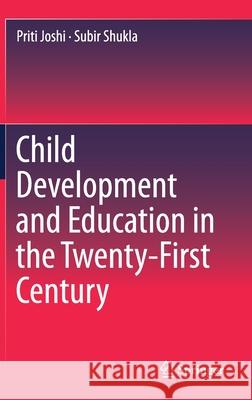Child Development and Education in the Twenty-First Century » książka
topmenu
Child Development and Education in the Twenty-First Century
ISBN-13: 9789811392573 / Angielski / Twarda / 2019 / 195 str.
Child Development and Education in the Twenty-First Century
ISBN-13: 9789811392573 / Angielski / Twarda / 2019 / 195 str.
cena 201,24
(netto: 191,66 VAT: 5%)
Najniższa cena z 30 dni: 192,74
(netto: 191,66 VAT: 5%)
Najniższa cena z 30 dni: 192,74
Termin realizacji zamówienia:
ok. 22 dni roboczych.
ok. 22 dni roboczych.
Darmowa dostawa!
Kategorie:
Kategorie BISAC:
Wydawca:
Springer
Język:
Angielski
ISBN-13:
9789811392573
Rok wydania:
2019
Dostępne języki:
Ilość stron:
195
Waga:
0.46 kg
Wymiary:
23.39 x 15.6 x 1.27
Oprawa:
Twarda
Dodatkowe informacje:
Wydanie ilustrowane











